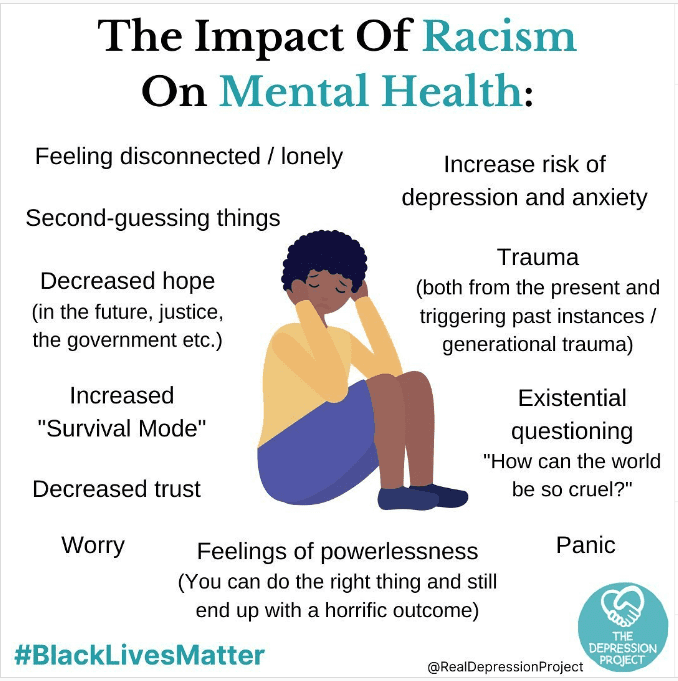Garry Porter’s Journey and Dedication to Tackling Institutional Racism
Springfield resident Garry Porter has captivated the community’s attention with a groundbreaking proposal for racial justice legislation. His “Retroactive Adjustment of Statute of Limitations for Victims of Racism Act” tackles systemic racism not just with legal adjustments but with educational initiatives and support services, sparking vibrant discussions about confronting historical injustices.
Porter’s motivation stems from his 20-year career across Massachusetts government agencies. Witnessing firsthand the impact of racism and the fear it instills, he crafted a comprehensive approach acknowledging the lasting consequences of past discrimination. “The current law doesn’t give victims enough time to heal, find new jobs, and seek legal help,” he explains. His proposal extends the statute of limitations, empowering victims to address injustices effectively.
Beyond legal remedies, Porter’s focus extends to education. Drawing on his experience implementing bias training, he champions initiatives like mandatory training for emergency responders. “The community’s positive feedback shows a hunger for awareness among those who perpetrate racial attacks,” he says.
At the heart of the proposal lies a simple truth: the scars of racism linger.
A discriminatory housing policy may still confine families, and past hiring practices can limit career trajectories. By extending the statute of limitations, Gary Porter offers long-delayed justice, a lifeline for countless individuals like the teacher silenced years ago or the family denied homeownership due to redlining.
This path, however, isn’t paved with ease. Concerns about evidence gathering and financial burdens for defendants deserve meticulous consideration. Striking a balance between acknowledging past wrongs and upholding due process is key. History offers precedents like the Equal Pay Act, highlighting the complexities of retroactive measures. Yet, it also shines with examples like Brown v. Board of Education, a beacon of hope despite its delayed arrival.

The road ahead will be arduous, requiring sustained advocacy. But the potential rewards are immeasurable: mending the fabric of social justice, acknowledging the enduring scars of racism, and offering long-denied redress. This isn’t just about individual cases, it’s about dismantling the very scaffolding of systemic racism, as Porter states.
Confronting past injustices is not a luxury; it’s a prerequisite for building a future where opportunity knows no color and justice hangs with unflinching balance.
Key Components: Porter’s proposal encompasses a retroactive statute extension, a clear definition of racism, educational initiatives, victim support services, task force creation, retaliation protection, and law enforcement/legal professional training.
Community Engagement: Gary Porter prioritizes community involvement. The anticipated legislative meeting with State Representative Bud Williams along with other area legislators has spurred both support and concerns, emphasizing the importance of resident input. Senator Adam Gomez’s backing further shapes the local conversation, while absent responses from other representatives leave the community seeking more insight. Senator Gomez expressed support for the initiative, saying “I look forward to meeting with Mr. Porter alongside my colleagues in the legislature to explore the viability of this proposal. As we strive to make amends for individual cases of racial discrimination, it’s equally as important to create the systemic change that will break the structure of institutional racism.”

As the community awaits further developments, transparency and engagement from local representatives remain focal points in the pursuit of a more just and equitable future. Porter’s initiative serves as a catalyst for change, prompting vital discussions about the role of legislation in confronting historical injustices. The time for action is now, and residents can actively participate by sharing their perspectives and contacting their local representatives
Frequently Asked Questions (FAQs)
- What is Garry Porter’s proposal for the “Retroactive Adjustment of Statute of Limitations for Victims of Racism Act“? Garry Porter’s proposal aims to extend the statute of limitations for victims of racism, addressing both past and present injustices. It includes the retroactive extension of the statute of limitations, a clear definition of racism, and the provision of support services for victims.
- How does the proposed legislation seek to extend the statute of limitations for victims of racism? The proposed legislation seeks to extend the statute of limitations for victims of racism through retroactive amendments and the establishment of oversight for addressing injustices.
- Which key components are included in Garry Porter’s proposal for retroactive changes to the statute of limitations? The key components include a retroactive extension of the statute of limitations, a clear definition of racism, and support services for victims, as well as the creation of a task force for oversight.
- What is the position of State Senator Adam Gomez regarding the citizen-driven initiative for retroactive changes to the statute of limitations? State Senator Adam Gomez has expressed support for the citizen-driven initiative for retroactive changes to the statute of limitations.
- How have State Representative Bud L. Williams and State Representative Orlando Ramos responded to the proposed legislation? State Representative Bud L. Williams and State Representative Orlando Ramos have not issued formal responses to the proposed legislation.
- What are the diverse reactions from the community to the proposal for retroactive changes to the statute of limitations? The community’s response to the proposal has been diverse, with supporters commending its potential to address longstanding injustices and critics expressing concerns about practicality and fairness to defendants.
- Why is community engagement considered essential in shaping the legislation for retroactive changes to the statute of limitations? Community engagement is considered essential to ensure diverse perspectives are considered and to emphasize the need for ongoing research and development in the proposed legislation.
- What balance does the proposed legislation aim to strike between the interests of victims seeking justice and potential defendants? The proposed legislation aims to strike a balance between addressing the interests of victims seeking justice and considering the rights of potential defendants.
- What are the potential unintended consequences of the retroactive application of a statute of limitations amendments, as discussed in related articles? Potential unintended consequences include concerns about fairness and due process, as well as the need for careful consideration in applying a statute of limitations amendments.
- How do the bills passed in California to make the Racial Justice Act retroactive compare to Garry Porter’s proposal for retroactive changes to the statute of limitations? The bills passed in California to make the Racial Justice Act retroactive have similarities in addressing racial justice through retroactive provisions, indicating potential implications for similar initiatives.





